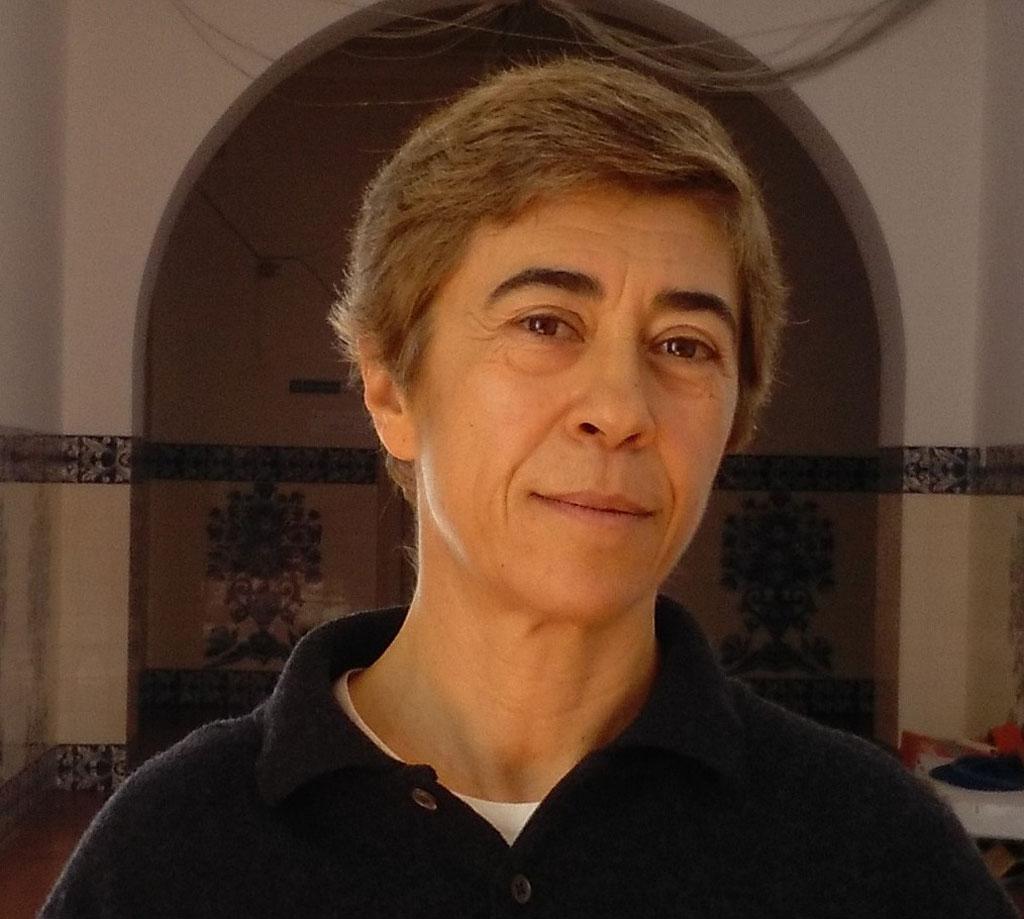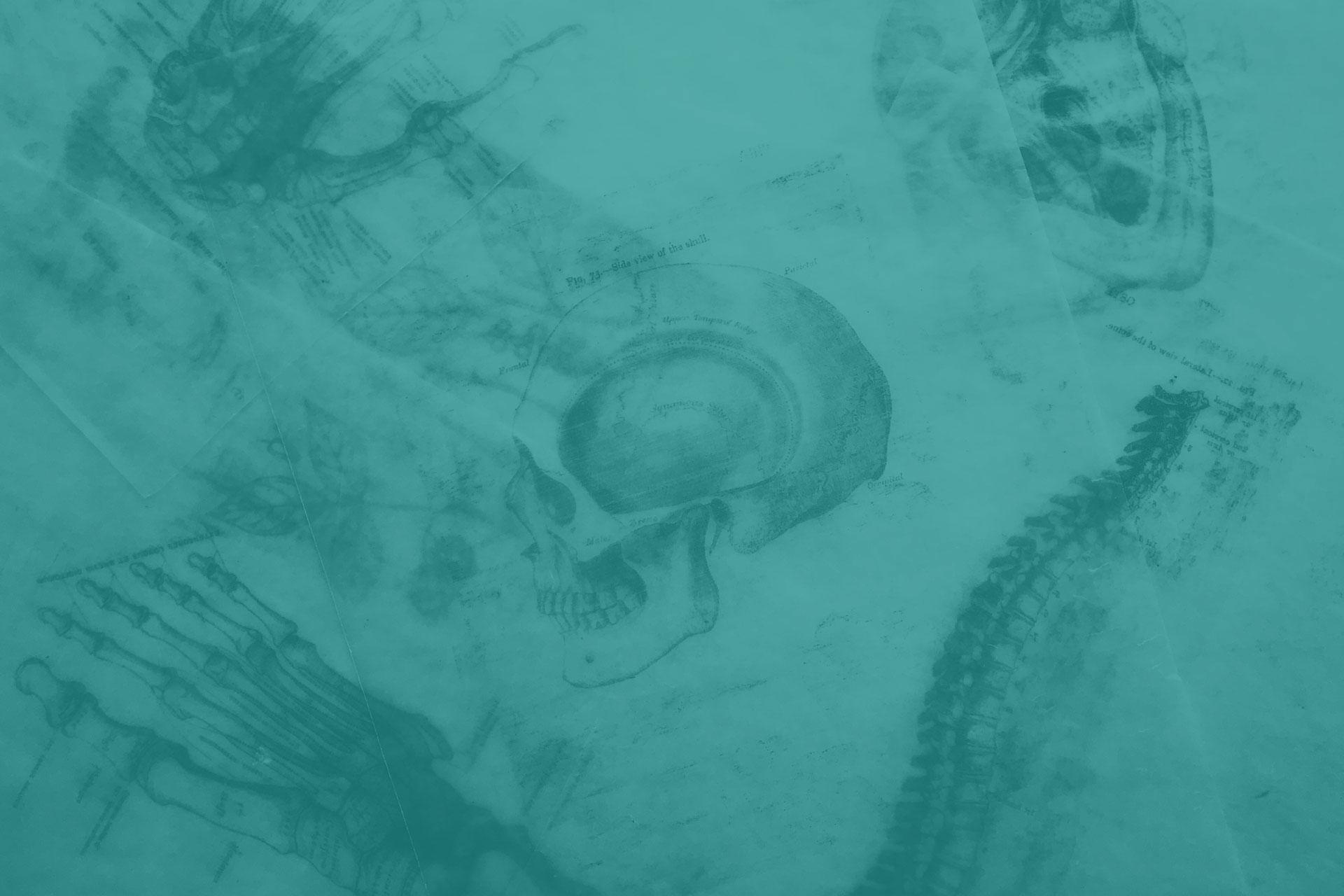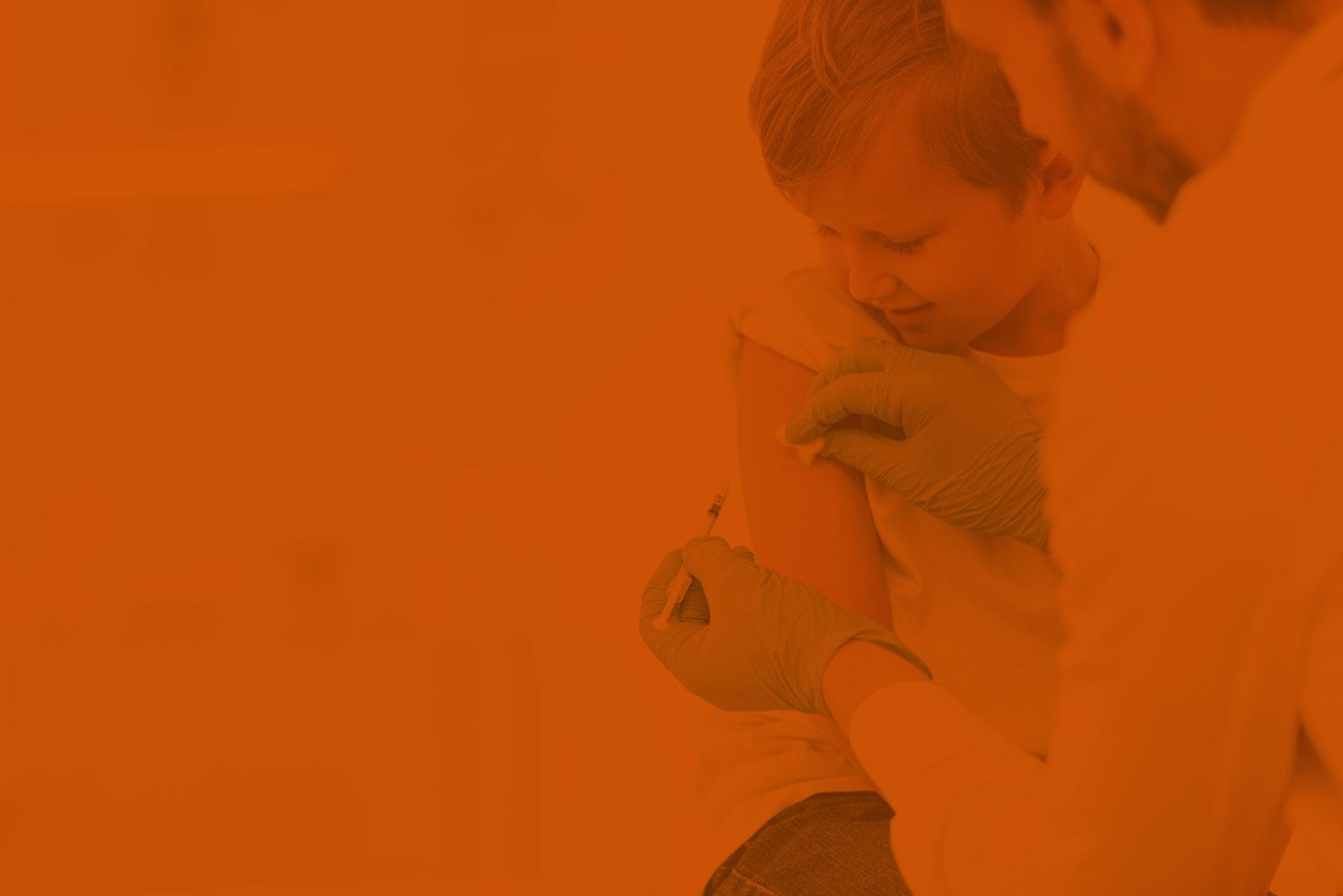Duration: 04/2023 – 03/2028
Abstract: PAS GRAS aims to prevent and reverse obesity and associated metabolic complications in four age groups: pre-pubertal children (3-9 yr), adolescents (10-18 yr), young adults (19-25 yr), and adults (25-55). PAS GRAS focuses on four main pillars. 1) Develop a personalized risk assessment tool (RAT): an algorithm that will anticipate obesity priming and development in the critical age groups, and identify risk factors for specific complications in subsequent years that will constitute new outcomes for interventional studies. 2) Develop and implement RAT-based personalized interventions by integrating non-pharmacological lifestyle modifications including Mediterranean Diet components alone or with rational pharmacological targeting metabolic and neuroendocrine mechanisms. 3) Inform and engage effectively target groups on obesity causes, risks and intervention by co-production of creative and interactive digital tools (including a simpler version of the RAT) and personalized diet and physical activity programs. 4) Expand and consolidate the PAS GRAS tailor-made campaign across Europe through developing joint programs for health and food/nutrition literacy and physical activity, with healthcare centres, schools, sports clubs, municipalities, and other relevant actors and public authorities.
Coordinator: Paulo Oliveira, Universidade de Coimbra
Participants (CIAS): Cristina Padez, Daniela Rodrigues, Aristides M. Machado-Rodrigues, Helena Nogueira
Partner institutions:
- Universidade De Coimbra (997826391) – COORDINATOR
- Universita Degli Studi Di Bari Aldo Moro – UNIBA (999840596) – BENEFICIARY
- Uppsala Universitet – UU (999985029) – BENEFICIARY
- Universidade Nova De Lisboa – UNL (960782479) – BENEFICIARY
- Fundacio Eurecat – EURECAT (928030235) – BENEFICIARY
- Consiglio Nazionale Delle Ricerche – CNR (999979500) – BENEFICIARY
- Instituto Politecnico De Viana De Castelo – IPVC (998454563) – BENEFICIARY
- Technische Universitaet Muenchen – TUM (999977463) – BENEFICIARY
- Instytut Biologii Doswiadczalnej Im. M. Nenckiego Polskiej Akademii Nauk – NENCKI (999489359) – BENEFICIARY
- Instituto Pedro Nunes Associacao Para A Inovacao E Desenvolvimento Em Ciencia E Tecnologia – IPN (999578502) – BENEFICIARY
- The European Society For Clinical Investigation – (896926603) – BENEFICIARY
- Mediagnost Gesellschaft Fur Forschung Und Herstellung Von Diagnostika Gmbh – MEDIAGNOST (955514312) – BENEFICIARY
- Martin-Luther-Universitat Halle-Wittenberg – MLU (999871539) – BENEFICIARY
- Associacao Protectora Dos Diabeticos De Portugal – APDP (928326570) – BENEFICIARY
- AGDCENTRO Associacao De Ginastica Do Centro – (887885912) – BENEFICIARY
Financial support: European Commission, HORIZON Programme – 9.500.000€
Reference: 101080329
Duration: 04/2023 – 03/2028
Abstract: The aim of HealthyW8 is to advance the efficacy of current and future efforts and investments in obesity prevention initiatives across Europe. Initiatives on obesity prevention in policy and practice are often of marginal impact. HealthyW8 will address these shortcomings by iteratively developing, together with stakeholders, a digital-based healthy lifestyle recommender for evidence-based, tailored interventions and tools including a human digital twin to bridge the gap between science, societal actors and stakeholders (e.g. healthcare professionals, food industries, policymakers) and EU citizens.
Coordinator (PI): Torsten Bohn, Luxembourg Institute of Health
Participants (CIAS): Daniela Rodrigues; Helena Nogueira; Licínio Manco; Maria-Raquel G. Silva
Partner institutions:
- Luxembourg Institute Of Health – LIH (998331858) – COORDINATOR
- Luxembourg Institute Of Science And Technology – LIST (934320200) – BENEFICIARY
- NIUM – (898185954) – BENEFICIARY
- Deutsches Forschungszentrum Fur Kunstliche Intelligenz GMBH – DFKI (999607602) – BENEFICIARY
- VIRTECH OOD – (997240705) – BENEFICIARY
- Leibniz-Institut Fur Praventionsforschung Und Epidemiologie – BIPS GMBH – LEIBNIZ-Institut Fur Praventionsforschung Und Epidemiologie – BIPS GMBH (962342336) – BENEFICIARY
- SPORA SINERGIES SCCL – (986594082) – BENEFICIARY
- Centre De Recerca En Economia I Desenvolupament Agroalimentari-UPC-IRTA – CREDA (986340815) – BENEFICIARY
- Universita Degli Studi Di Scienze Gastronomiche – University Of Gastronomic Sciences (949553468) – BENEFICIARY
- Consiglio Nazionale Delle Ricerche – CNR (999979500) – BENEFICIARY
- Centro De Investigacion Y Tecnologia Agroalimentaria De Aragon – CITA (997262142) – BENEFICIARY
- Universidade De Evora (998269196) – BENEFICIARY
- Fundacio Institut D’investigacio Sanitaria Illes Balears – Foundation Health Research Institute Of The Balearic Islands (974340460) – BENEFICIARY
- IRCCS Azienda Ospedaliero- Universitaria Di Bologna – IRCCS AOU BO (991016991) – BENEFICIARY
- Danmarks Tekniske Universitet – Technical University Of Denmark DTU (999990655) – BENEFICIARY
- Universiteit Twente (999900833) – BENEFICIARY
- Universidade De Coimbra (997826391) – BENEFICIARY
- Regional Cluster North-East – (935248296) – BENEFICIARY
- Technische Universiteit Eindhoven – TU/e (999977269) – BENEFICIARY
- MEDEA SRL – (951976140) – BENEFICIARY
- Asociatia Euro Atlantic Diplomacy Society – (890633243) – BENEFICIARY
- Stichting European Nutrition For Health Alliance – European Nutrition For Health Alliance (883383269) – BENEFICIARY
- KNEIA SL – (936881582) – BENEFICIARY
- Europese Federatie Van Verenigingen Van Dietisten – The European Federation Of The Associations Of Dietitians EFAD (947201412) – BENEFICIARY
Financial support: European Commission, HORIZON Programme – 10.000.000€
Reference: 101080645
Duration: 2023-2026
Abstract: The SINDIA project aims to understand how socio-spatial inequalities affect people living with dementia and their informal caregivers.
This is an interdisciplinary project whose objectives are:
1. Understand how socio-spatial inequalities affect people living with dementia and their informal caregivers throughout the disease trajectory;
2. Understand how measures, policies and strategies can be promoted to reduce health inequalities between populations and territories.
Coordinator: Miguel Padeiro
Participants: Helena Guilhermina Nogueira
Financial support: Fundação para a Ciência e a Tecnologia
Reference: 2022.04684.PTDC
Duration: 03/2023 – 02/2026
Abstract: The SCREENHEALTH Project will be the first Portuguese 3-yr prospective study to document the impact of screen use trajectories on obesity and mental health among preschool children. It aims to: 1) identify the trajectories related to screen use in children aged 3-5yrs; 2) identify the socio-ecological factors that predict trajectory membership, 3) analyze the association between screen use trajectories and health-related behaviors, and 4) assess causal pathways (& direction) linking children’s screen use trajectories, obesity and mental health. The Project will adopt a socio-biological approach to follow a large sample of 3-5-yr-old children from Coimbra, Portugal.
Coordinator (PI): Daniela Rodrigues, CIAS, Universidade de Coimbra
Participants (CIAS): Aristides M. Machado-Rodrigues, Cristina Padez, Helena Nogueira
Partner institutions:
- Universidade Federal de Minas Gerais (Brasil)
- Centro Hospitalar e Universitário de Coimbra, E.P.E. – Hospital Pediátrico de Coimbra
- University of Oulu (Finland)
- Universidade do Porto – Instituto de Saúde Pública da Universidade do Porto
- University of Sydney (Australia)
Financial support: Fundação para a Ciência e Tecnologia (através de Fundos Europeus) – 243.868.88€
Reference: 2022.07652.PTDC
Duration: 10/2023 – 09/2025
Abstract: The primary goal of this project is to expand understanding of how young people are exposed to, experience, and interact with the urban lived places in ways that affect their health. There are three sub-objectives: 1) analyze individuals’ sensory experience (e.g. wellbeing, happiness, anxiety, stress) during city routes; 2) analyze individuals’ physical and sedentary behaviors along the day; and 3) interpret patterns of variation in PA and sedentary behaviors in relation with people’s surroundings (e.g. social, physical, and the sensory/emotional experience).
Coordinator: Daniela Rodrigues (CIAS), Universidade de Coimbra
Participants (CIAS): Helena Nogueira, Maria-Raquel G. Silva
Partner institutions:
- University of Limerick
- Universidade Fernando Pessoa
Financial support: Prémio Maria de Sousa 2ª Edition, Ordem dos Médicos and Fundação BIAL – 30.000€
Duration: 2021-2026
Abstract: Screen time (ST) (ie, television-TV, computer-PC, electronic games, tablets and smartphones) is a prevalent behavior across the life span, very problematic among children, and often associated with broader sedentary behavior exposure. The increasing use of portable media devices and the abundant access to unlimited content may be leading to new patterns of consumption, exposing youth to health problems and putting them at risk of a shorter life and/or a live with poorer health conditions. Evidence from observational and experimental studies support a direct link between ST and obesity in children, adolescents and adults and more recently, an association has been described between TV viewing and poor mental health outcomes. In spite of the accumulated data from cross-sectional studies showing the negative association of screen time and health, little is known about the longitudinal patterns of change of screen exposure at life-course epochs from early childhood, to adolescence, and young adulthood, and how this may relate to early childhood and adulthood health outcomes. To date, only three studies worldwide have investigated the long-term effects of childhood screen exposure, linking childhood TV watching to higher body mass index in adulthood. Moreover, most studies have tended to only report a single tracking coefficient; have used generalized estimating equations to describe a single sample trajectory which oversimplifies the potentially complex longitudinal patterns of screen exposure; and do not account the use of modern screen media devices. To ensure that children grow and flourish, a timely and accurate population data on health, ST, nutrition, among other entitlements, is needed. Through the design of a longitudinal study following pre-school children (aged 3 to 5 years) from Coimbra, this project will explore patterns of media devices use and how screen exposure contributes to the burden of obesity, depression, anxiety, and stress manifested early in life. Studying early years is needed given that in those lay the foundation for a healthy life course, and behaviors learned at that age provide the basis for later development and support a strong national polity and economy. Specific objectives of this plan include the estimation of traditional (TV, PC, electronic games) and new media screen (tablet, smartphone) use; identification of trajectories and covariates of ST; and exploration of socioeconomic inequalities in the relationships between screen use, childhood obesity and mental health problems over critical developmental periods. The possible moderating effect of other factors (ie, physical activity) on the relationship between screen exposure, obesity and mental health will be investigated. Findings will allow to identify windows of opportunity for interventions to reduce ST, obesity and mental health problems, with positive outcomes on individual’s wellbeing, productivity and the economy, besides adding to the scientific knowledge.
Coordinator: Daniela Rodrigues
Financial support: FCT – Fundação para a Ciência e Tecnologia, 3ª Edição do Concurso de Estímulo ao Emprego Científico
Reference: 2020.03966.CEEIND
Duration: 2019-2020
Participant: Cristina Padez
Financial support: Associação Nacional contra a Osteoporose (APOROS), Portugal; Sociedade Portuguesa de Osteoporose e Doenças Ósseas Metabólicas, Portugal; Sociedade Portuguesa de Reumatologia, Portugal.
Duration: 2018-2022
Abstract: The eBEfree project aims at testing the effectiveness of an information and communication technology-based delivery version of BEfree in individuals with obesity and Binge Eating Disorder (BED). BED is a serious public health concern, given its prevalence, psychiatric comorbidity and association with obesity, which is currently a major health and economic challenge of epidemic proportions. BED affects obesity onset, maintenance and treatment. BEfree is a 12-session face-to-face group intervention for BED, developed by the current project research team, that integrates mindfulness, compassion, and values. BEfree was found to be effective in treating BED and in improving psychological adjustment. ICT-based interventions are a cost-effective form of treatment delivery that may increase treatment accessibility for individuals with BED and obesity. This project will directly contribute to the treatment of these conditions and improvement of health services at regional and national levels.
Coordinator: José Pinto-Gouveia
Participants: Marina Isabel Antunes da Cunha (CIAS)
Partner institutions: Universidade de Coimbra (UC)/Centro de Investigação de Neuropsicologia e Intervenção Cognitivo-Comportamental (CINEICC)
Financial support: Fundação para a Ciência e a Tecnologia
Reference: PTDC/PSI-GER/29081/2017
Duration: 10/2017-07/2022
Abstract: This project aimed to test the effectiveness of a psychological intervention focused on compassion in promoting the psychological well-being and mental health of primary and secondary school teachers and students in schools in north-central Portugal.
Coordinator: Marcela Matos
Participants: Marina Isabel Antunes da Cunha(CIAS)
Financial support: The Reed Foundation; The Compassionate Mind Foundation
Duration: 2016-2020
Abstract: Obesity prevalence has increased over recent decades, with WHO pinpointing childhood obesity as one of the most serious global public health challenges for the 21st century (1). Recent data suggests that prevalence of childhood obesity is levelling off in some countries (2), but this may not be the case across all socioeconomic strata (3). Childhood obesity is likely to continue into adulthood, and many problems linked with obesity are more severe if obesity has been present for a long period: adults who were obese during childhood have higher risk of premature death, cardiovascular disorders, and other diseases. A growing body of research has shown the deleterious health effects of obesity on childhood health status (4) and across lifetime (5). Portugal has one of the highest rates of childhood obesity among European countries, with 31.6% in 2002 and 30.5% in 2009 for children aged 7-10 years old (7). Portugal faces a deep economic crisis since 2008 leading to increased poverty and inequalities. Unemployment rate shifted from 9.4% (2009) to 16.2% (2013). In 2012, 18.7% of people were at risk of poverty, with children (0-17 years) being the most affected, reaching a value of 30.9% in 2012. Therefore, unemployment, social exclusion, decreasing mutual trust and social cohesion, and decreasing public and private investments are strong contributors for environmental vulnerability; all these factors hinder access to a healthy diet, health care and family’s healthy lifestyle. Moreover, several features in the environment shifted, such as closing of small restaurants, supermarkets, and other food stores. Data shows a consistent social gradient in childhood obesity, with lowest social classes exhibiting highest values of obesity. Childhood obesity has been our main focus of research over the last decade. We developed important and innovative studies in Portugal, namely the assessment, for the first time, of prevalence rates (6), predictors (8), sedentary behaviours (9,10), sleep duration (11), breastfeeding, urban-rural disparities, family socioeconomic status and behaviours (12), parental perceptions of neighbourhood environments (13) and lately the effect of the build and social environment (14) on obesity. Given the serious crisis that Portugal is facing, it is crucial to proceed with research on the health impacts that this crisis will likely have on childhood obesity. We aim to develop prospective and comparative studies about changes in families’ behaviour and in environmental infrastructures from 2009 to 2015-16 and to assess their impact in childhood obesity. Our main questions are: what changed in families’ behaviours regarding nutrition, food insecurity, physical activity, and other lifestyle factors as well as neighbourhood’s resources availability, safety and social organization, as a consequence of the social and economic crisis? How it impacts in childhood obesity? These questions highlight a major challenge faced by the scientific and policymaker community, which is to prevent that the economic crisis turns also into a health crisis. Lisbon and Coimbra, two Portuguese cities with different characteristics will be our cases studies. The same schools that we studied in 2009 will be re-evaluated in 2015-16, sampling children aged 3-10 years old. Anthropometric measures to evaluate weight status and questionnaires to parents on: family sociodemographic characteristics, perceptions of their local neighborhoods, quality of life index (WHOQOL-BREF), depression anxiety stress scale for children and parents, diet patterns, food insecurity (Household Food Security Scale – HFSS), child sedentary behaviors as well as physical activity and sleep duration.
Coordinator (PI): Cristina Padez (CIAS)
Participants: Aristides M Machado-Rodrigues (CIAS), Helena Nogueira (CIAS), Jorge Gustavo Melendez (Escola de Enfermagem da Universidade Federal de Minas Gerais), Cláudia Ferreira (Universidade de Coimbra), Larissa Mendes (Universidade Federal de Minas Gerais), Augusta Gama (Universidade de Lisboa), Maria Raquel Silva (Universidade Fernando Pessoa, Porto), Marina Cunha (Universidade de Coimbra), Marta Agostinho, Milene Pessoa (Universidade Federal de Viçosa, Minas Gerais), Vítor Rosado Marques (Instituto de Investigação Cientifica Tropical), Margarida Pereira (CIAS), Daniela Rodrigues (CIAS)
Financial support: PT2020 – SAICT –PTDC/ICDT by FCT – Fundação para a Ciência e a Tecnologia
Reference: PTDC/DTP-SAP/1520/2014




